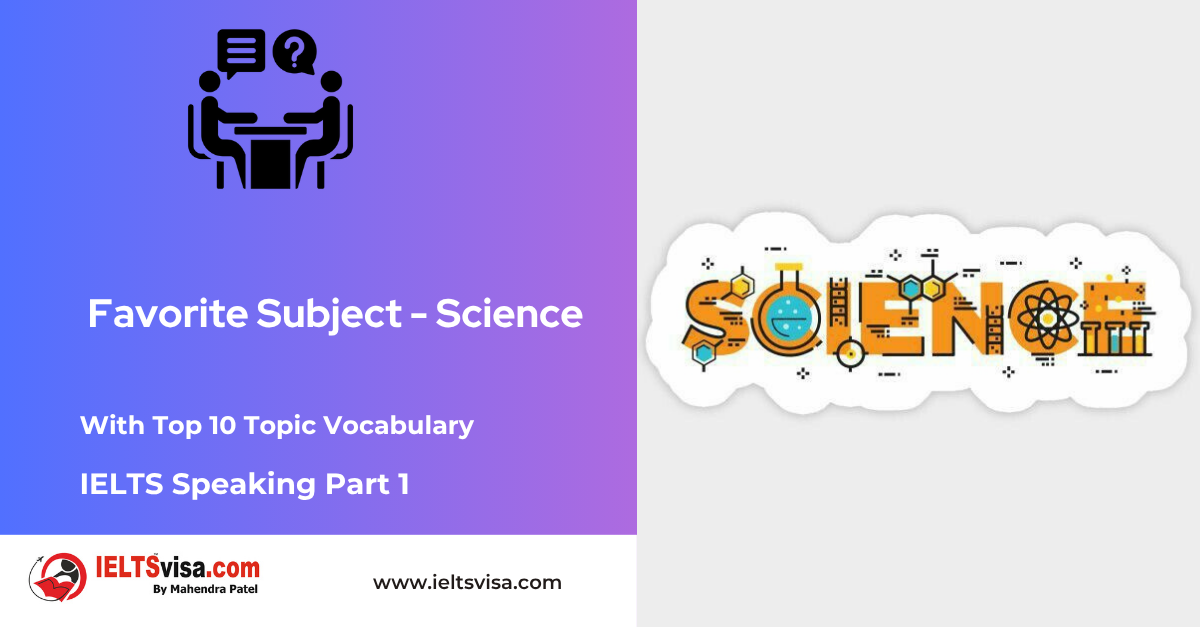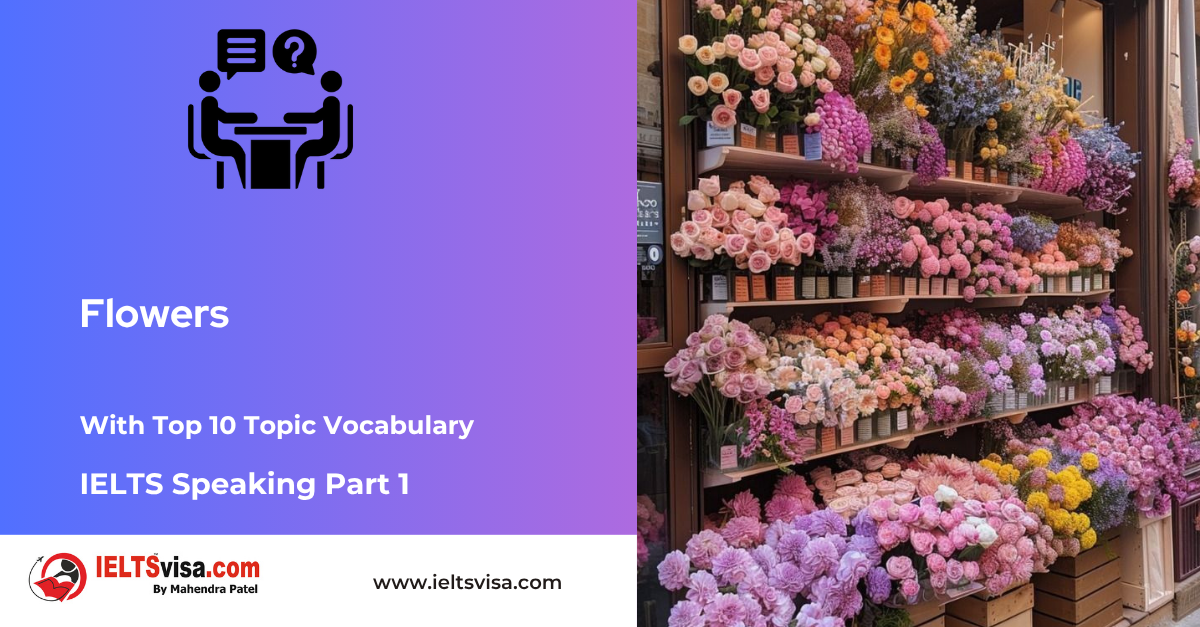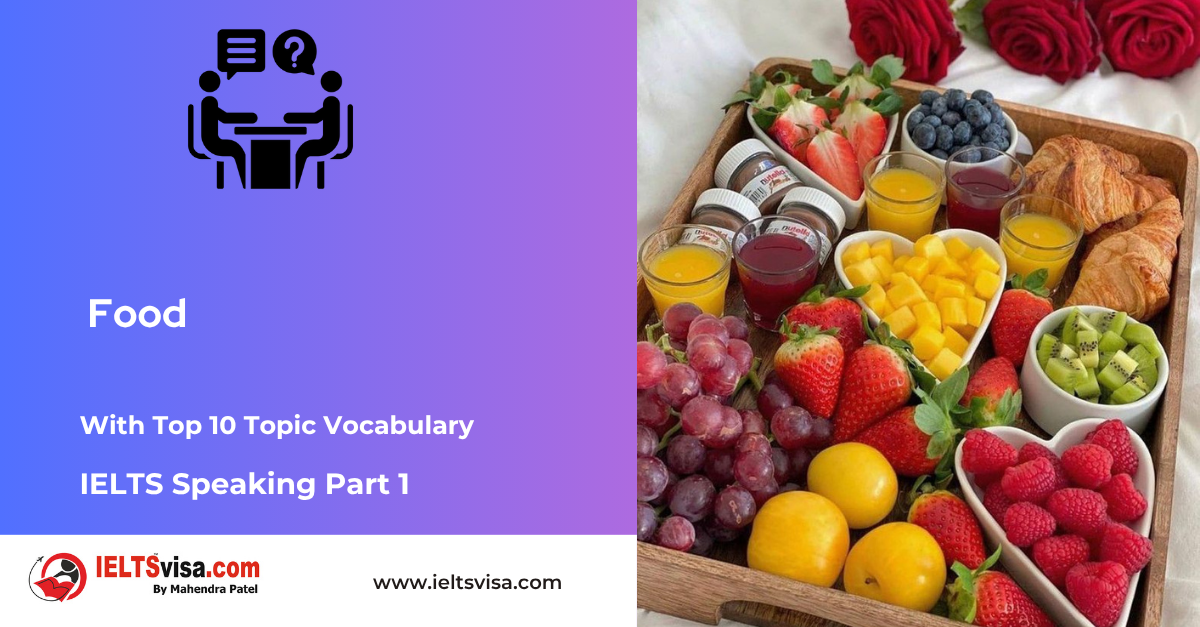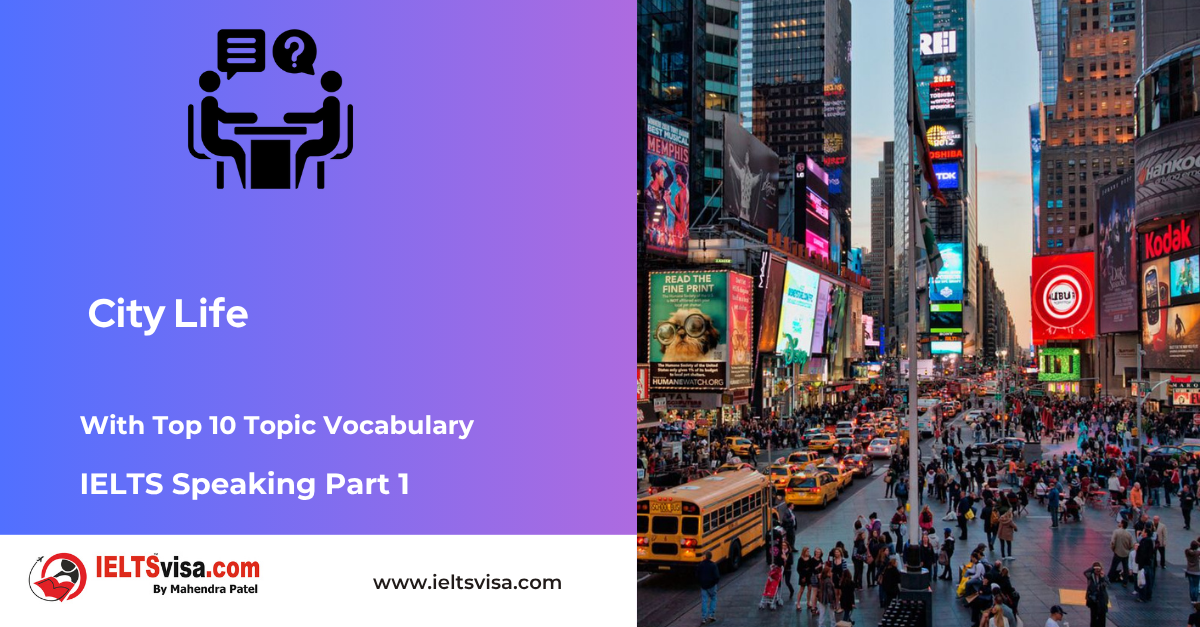IELTS Speaking Part 1 – Foreign Language
IELTS Speaking Practice
IELTS Speaking Part 1 – Foreign Language
Examiner: Do you speak any foreign languages?
Candidate: Yes, I speak English as a second language. I’ve been learning it since I was in school.
Examiner: How did you learn it?
Candidate: I learned English in school and took extra classes at a language institute. Additionally, I practised by watching English movies and reading books.
Examiner: Why did you choose to learn this language?
Candidate: I chose to learn English because it is a global language widely used in international communication, business, and travel.
Examiner: How long have you been studying this language?
Candidate: I have been studying English for about ten years now.
Examiner: Do you think it’s important to know a foreign language?
Candidate: I think it’s imperative. Knowing a foreign language can open up many opportunities for work, travel, and cultural understanding.
Examiner: How often do you use this language?
Candidate: I use English almost daily, whether for reading, watching videos, or communicating with people online.
Examiner: Do you plan to learn any other languages?
Candidate: Well, I would like to learn Spanish in the future because it is also widely spoken worldwide.
Examiner: What difficulties do you face while learning a foreign language?Candidate: One of the main difficulties is mastering the pronunciation and accent. Also, understanding idioms and slang can be challenging.
Examiner: How has learning a foreign language benefited you?
Candidate: Learning English has helped me in my career, allowed me to travel more comfortably, and helped me make friends from different countries.
Examiner: Do you think children should start learning a foreign language early?
Candidate: Yes, I believe children should start learning early. Young minds are very receptive and can pick up new languages more easily.
Examiner: Is it easier to learn a language when you are younger?
Candidate : It is generally easier because younger people are more adaptable and have more time to practice and immerse themselves in the language.
Examiner: Have you ever travelled to a country where they speak the language you are learning?
Candidate : I have travelled to the United States, and it was an excellent opportunity to practice my English and improve my fluency.
Examiner: How do you practice the foreign language you are learning?
Candidate : I practice speaking with native speakers, watching movies and TV shows, reading books, and using language learning apps.
Examiner: Do you think technology has made language learning easier?
Candidate : Definitely; technology has provided many resources like language learning apps, online courses, and easy access to native speakers for practice.
Examiner: What are the best methods to learn a new language?
Candidate : I think immersion is the best method, along with regular practice, using language learning apps, and speaking with native speakers.
Examiner: Do you enjoy learning languages?
Candidate : Yes, I enjoy it very much. It’s a rewarding experience that allows me to connect with more people and understand different cultures better.
Examiner: What advice would you give someone wanting to learn a foreign language?
Candidate : I would advise them to practice regularly, be patient, and not be afraid of making mistakes. Also, try to immerse yourself in the language as much as possible.
Examiner: Do you think knowing multiple languages can help in your career?
Candidate : Knowing multiple languages can make you more competitive in the job market and open up opportunities in international companies.
Examiner: Can you understand movies or TV shows in the foreign language you are learning?
Candidate : I can understand most of the dialogue in movies and TV shows in English, although sometimes I need subtitles for clarity.
Examiner: Have you ever taken a language proficiency test?
Candidate : I took the IELTS test to measure my English proficiency and scored quite well.
Top 10 Topic Vocabulary for “Foreign Language”
|
Vocabulary |
Type |
Meaning |
Synonyms |
Antonyms |
Word Family |
Example Sentences |
|
Fluency |
Noun |
The ability to speak or write a language efficiently and accurately |
mastery, proficiency, command |
fluent |
I am working on my English fluency. I am practising speaking and writing English to improve my fluency. |
|
|
Immersion |
Noun |
The state of being completely involved in something |
submersion, absorption, engulfment |
immerse |
Immerse yourself in the language by watching movies and TV shows. Immerse yourself in the language by watching English movies and TV shows without subtitles. |
|
|
Proficiency |
Noun |
The ability to do something well |
mastery, expertise, skill |
proficient |
I am working on my English proficiency. I am trying to improve my English proficiency to communicate more effectively. |
|
|
Global |
Adjective |
Relating to the whole world |
worldwide, universal, international |
globally |
English is a global language. English is spoken all over the world. |
|
|
Cultural |
Adjective |
Relating to or characteristic of a particular culture or group of people |
social, societal, communal |
culture |
Learning a foreign language can help you understand different cultures. Learning a foreign language can help you learn about other customs, traditions, and ways of life. |
|
|
Linguistic |
Adjective |
Relating to language |
language-related, philological, lexicographical |
linguistics |
I am interested in linguistics. I am interested in studying language and how it is used. |
|
|
Cognates |
Noun |
Words in two or more languages that are related to each other in origin and meaning |
related words, equivalent words, corresponding words |
cognate |
Knowing cognates can help you learn new vocabulary. Knowing cognates can help you learn new words in a foreign language because they are often similar to words in your native language. |
|
|
Mnemonic |
Noun |
A technique or system for improving memory |
memory aid, memory device, aide-mémoire |
mnemonic |
I use mnemonics to remember new vocabulary. I use mnemonics, such as creating visual images or rhymes, to help me remember new words. |
|
|
Motivation |
Noun |
The reason for doing something |
incentive, stimulus, drive |
motivate |
Motivation is vital for learning a language. Strong motivation to learn a language can help you stay focused and committed. |
|
|
Resilience |
Noun |
The ability to recover quickly from difficulties |
toughness, resilience, fortitude |
resilient |
Be resilient, and don’t give up on learning a language. It’s essential to be resilient and not give up learning a language, even if challenging. |

Our Books
Master IELTS Speaking Part 1
IELTS Writing Task 1 Book
IELTS Writing Task 2 Book
Practice IELTS Other Modules
IELTS Listening
The IELTS Listening test assesses how well you can understand spoken English in various contexts. It lasts about 30 minutes and is divided into four sections with a total of 40 questions. The listening tasks become increasingly difficult as the test progresses.
IELTS Academic Reading
The IELTS Academic Reading section assesses your ability to understand and interpret a variety of texts in academic settings. It is designed to evaluate a range of reading skills, including skimming for gist, reading for main ideas, reading for detail, understanding inferences, and recognizing a writer's opinions and arguments.
IELTS Speaking
The IELTS Speaking test assesses your ability to communicate in English on everyday topics. It lasts 11-14 minutes and consists of three parts: introduction, cue card, and a discussion based on the cue card topic.
IELTS General Reading
IELTS General Reading tests your ability to understand and interpret various types of texts. Here are some key areas and types of content you can expect to encounter in the reading section, along with tips for effective preparation.
IELTS Academic Writing Task 1
In IELTS Academic Writing Task 1, you are presented with a visual representation of information, such as graphs, charts, tables, or diagrams, and you are required to summarize, compare, or explain the data in your own words.
IELTS General Writing Task 1
In IELTS General Writing Task 1, you are required to write a letter based on a given situation. The letter can be formal, semi-formal, or informal, depending on the prompt. Here’s a breakdown of the key components to include in your letter
IELTS Academic Writing Task 2
In IELTS Academic Writing Task 2, you are required to write an essay in response to a question or topic. Here’s a guide to help you understand the essential elements of this task
IELTS Exam Tips
To succeed in the IELTS exam, practice regularly, familiarize yourself with the test format, improve your vocabulary, develop time management skills, and take mock tests to build confidence.
Grammer for IELTS
Grammar is the foundation of effective communication in English. Understanding tense usage, subject-verb agreement, and sentence structure enhances clarity and coherence in writing and speaking.
Vocabulary for IELTS
Vocabulary plays a crucial role in the IELTS (International English Language Testing System) exam, especially in the Speaking and Writing sections. Here’s an overview of why vocabulary is important and how it impacts your performance
RECENT IELTS SAMPLES QUESTIONS AND ANSWERS
IELTS Speaking Part 1 – Favourite Subject – Math
IELTS Speaking Part 1 - Favourite Subject – Math Examiner: What is your favourite subject? Candidate: My...
IELTS Speaking Part 1 – Favourite Subject – Science
IELTS Speaking Part 1 - Favourite Subject – Science Examiner: What is your favourite subject? Candidate:My...
IELTS Speaking Part 1 – Flowers
IELTS Speaking Part 1 - Flowers Examiner: Do you like flowers?Candidate: Absolutely! I find flowers incredibly...
IELTS Speaking Part 1 – Food
IELTS Speaking Part 1 - Food Examiner: What kind of food do you enjoy eating the most?Candidate: I'm a big fan...
IELTS Speaking Part 1 – Chocolate
IELTS Speaking Part 1 - Chocolate Examiner: Do you like chocolate?Candidate: I love chocolate. It’s one of my...
IELTS Speaking Part 1 – City Life
IELTS Speaking Part 1 - City Life Examiner: Do you like living in a city?Candidate: Yes, I enjoy living in a...













